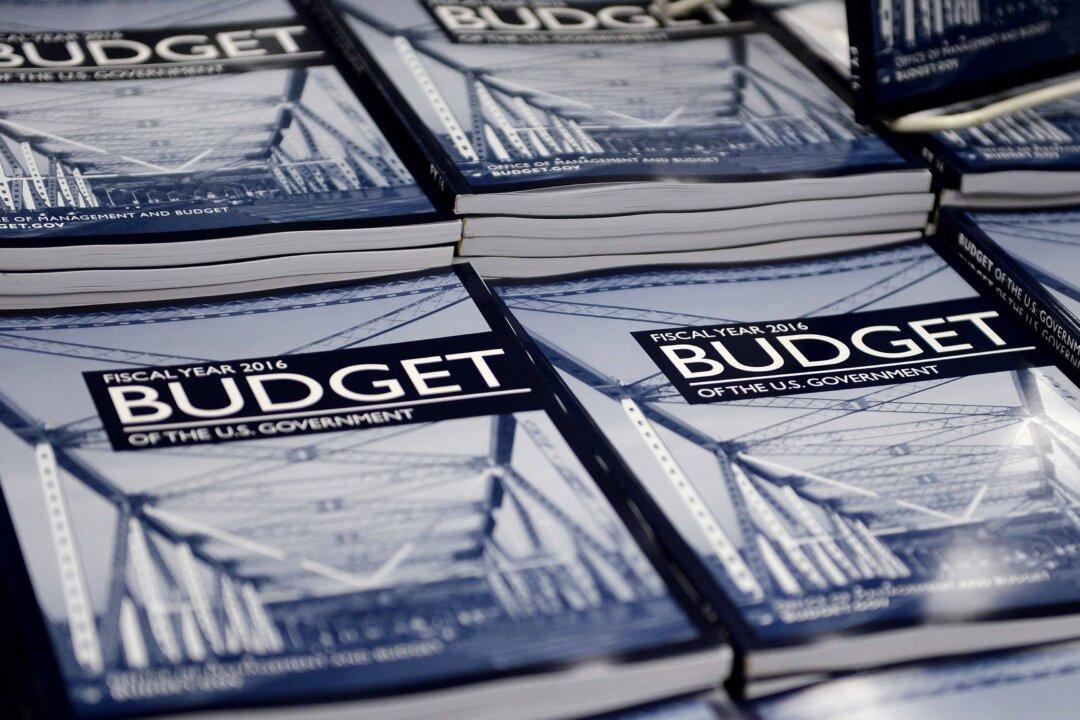President Barack Obama made his corporate tax reform gambit on Monday, proposing tax hikes on foreign profits by U.S. corporations to encourage repatriation of income and fund infrastructure.
The 2016 fiscal year budget proposes a 19 percent minimum tax on future global profits and a one-time 14 percent tax on accumulated overseas profits from U.S. corporations, which the Treasury puts at around $2 trillion.
The proposal would be revenue-neutral in the long term and would generate a one-time $238 billion windfall earmarked for infrastructure spending.
The United States has one of the highest corporate tax rates in the world, and many companies store their earnings overseas as a result. Obama wants to close this loophole and encourage more companies to keep their profits in the United States, and proposes lowering the corporate tax rate to 28 percent.





